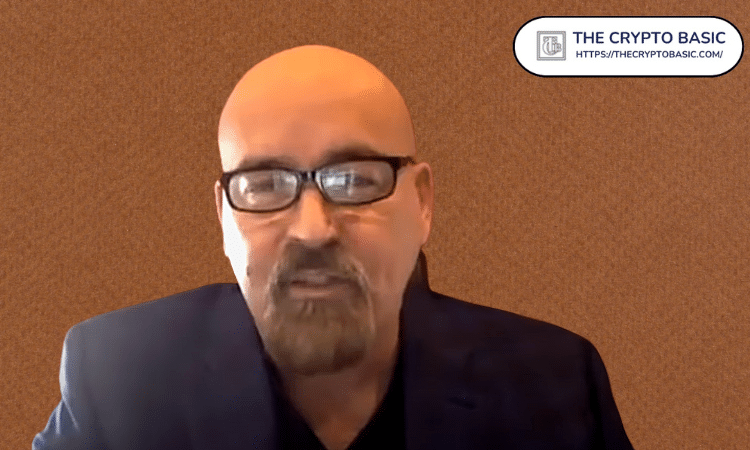Attorney Deaton highlights the major reason no one has been able to hold the SEC accountable for its wrongdoing, especially regarding the XRP case.
The United States Securities and Exchange Commission (SEC) has faced criticism for its adverse enforcement actions against the crypto industry. Despite the SEC’s claims that its goal is to protect investors, industry leaders argue that the commission has caused more harm to U.S. investors through its enforcement actions.
Key players believe the SEC’s enforcement actions have harmed some crypto communities, including the XRP community and LBRY Credit (LBC) token holders. It is worth noting that the prices of XRP and LBC slumped tremendously after the SEC alleged they were securities.
Consequently, many people have pondered why the SEC has been allowed to get away with these wrongs that have left many investors in shambles.
Deaton Explains Why the SEC Hasn’t Been Sued
Yesterday, CryptoLaw founder attorney John Deaton explained why the SEC had not been held accountable for the harm it caused crypto investors, especially LBC and XRP holders.
Holding the SEC Accountable: What does the law tell us? https://t.co/8FBeHdkUoX
— CryptoLaw (@CryptoLawUS) May 30, 2023
According to the pro-XRP lawyer, the question of whether the SEC can be held accountable boils down to the concept of “sovereign immunity.”
Explaining the concept of “sovereign immunity,” Deaton noted that in the English common law, a king’s officer cannot be sued because “a king can do no wrong.”
He explained that when the colonies took over, they eliminated the kingship concept of “sovereign immunity.” However, the doctrine of sovereign immunity continued in American jurisprudence, as federal agencies like the SEC were given enormous power to function, said Deaton.
To checkmate these agencies’ excesses, Congress created laws, including the Securities Act of 1933. Deaton also pointed out that Congress enacted the “Federal Tort Claims Act (FTCA) of 1946” to further soften the concept of sovereign immunity.
The tort claims act allows private individuals or entities to sue the U.S. in a federal court for any breach of civil law committed by anyone acting on behalf of the U.S. government. However, the act did not exclude the exemption for intentional action.
“Federal agencies like the SEC cannot be held responsible for intentional wrongdoing such as defamation, abusive process, and malicious prosecution. They are exempt,” Deaton remarked.
No Fixed Date to Conclude SEC vs. Ripple
Meanwhile, XRP community members eagerly anticipate a ruling from Judge Analisa Torres, which could end the multi-year SEC vs. Ripple lawsuit.
There is no official date on when Judge Torres’ decision will be made. However, the leading blockchain company speculated that the legal battle would be concluded before the year ends.
It bears mentioning that Deaton’s contributions in the ongoing SEC vs. Ripple lawsuit have not gone unnoticed. As reported earlier, several XRP community members expressed gratitude to Deaton for protecting their interests in the case.
Disclaimer: This content is informational and should not be considered financial advice. The views expressed in this article may include the author's personal opinions and do not reflect The Crypto Basic’s opinion. Readers are encouraged to do thorough research before making any investment decisions. The Crypto Basic is not responsible for any financial losses.
-Advertisement-


